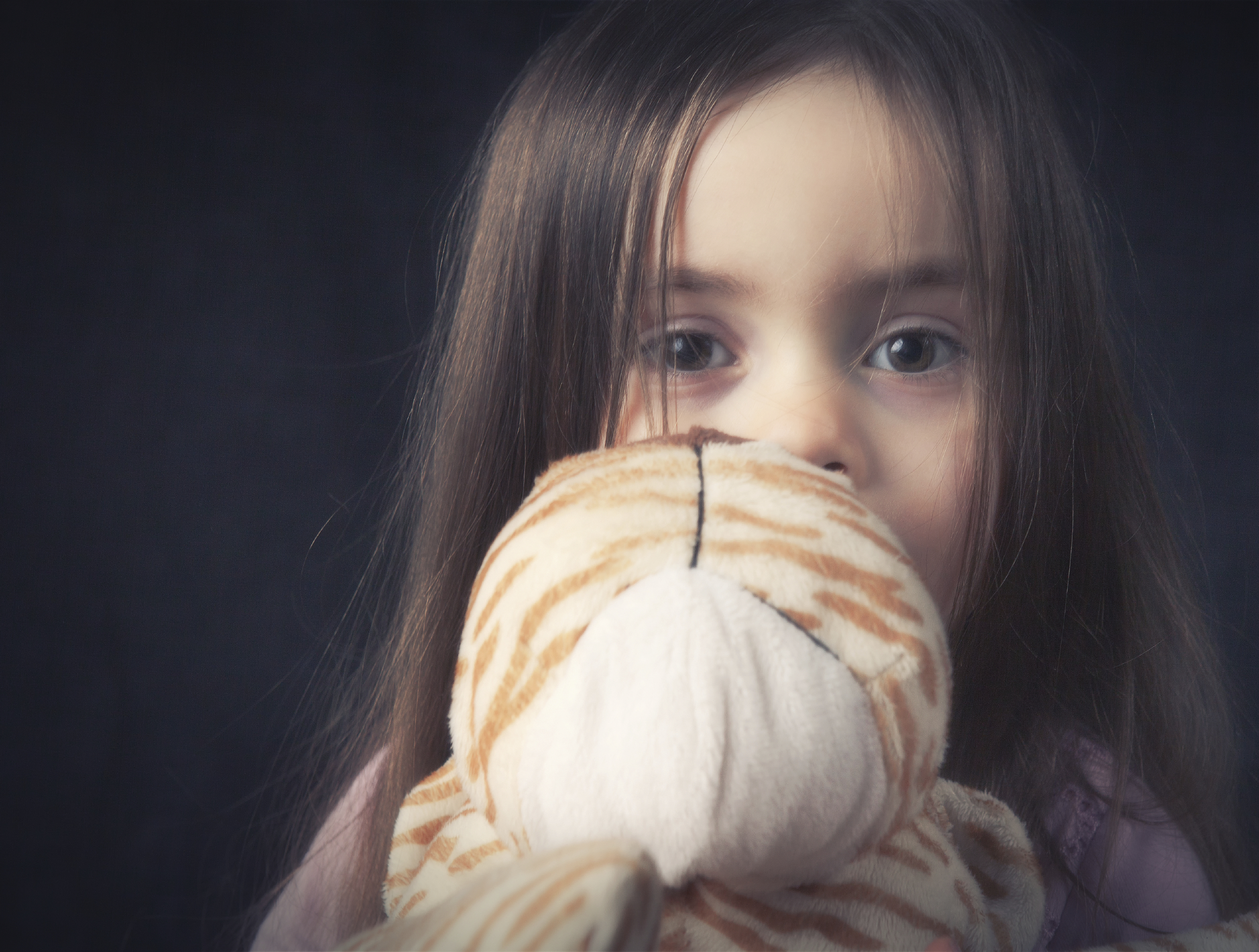
 Q: I’d love to know more about clingy behavior. My 8-year-old daughter is an awesome, sweet girl. We spend lots of one-on-one time together and yet, it never seems to be enough. I’d love suggestions for how we can get through this!
Q: I’d love to know more about clingy behavior. My 8-year-old daughter is an awesome, sweet girl. We spend lots of one-on-one time together and yet, it never seems to be enough. I’d love suggestions for how we can get through this!
A: Let’s start with normal development. Clingy behavior is typically more common in children younger than age 8. Take time to reflect: Have there been recent changes in her behavior, or is this an ongoing pattern? If it’s recent, have life changes triggered the behavior (such as a recent move, a close friend moving, a marital separation, health concerns, birth of a sibling or death of grandparent)?
Here’s another possibility: Anxiety can exhibit as clingy behavior. Are there other indicators of anxiety, such as excessive seeking of reassurance, difficulty separating from parents, difficulty sleeping alone, school avoidance, or not being comfortable or avoiding activities common for an 8-year-old, such as participating in a scout troop or on a soccer team?
If this clinginess is caused by anxiety, and your child is experiencing distress and avoidance, consider consulting a doctor and/or a mental health professional. Children who view themselves as frightened and unable, rather than brave and capable, could experience their lives shrinking as they avoid sleepovers, activities and friendships. This is when children are at risk for ongoing anxiety and later depression. By getting her help now, you are saying, “I know this is hard and that you are going to be OK. Here are the skills we need to make the changes!” A checkup by a professional for anxiety doesn’t mean you are setting an anxiety diagnosis in concrete; this means you are seeking understanding and solutions.
At Seattle Children’s Hospital, we offer child and parent groups to teach evidence-based cognitive behavioral therapy (CBT) anxiety-management skills. Parents and children learn they are not alone, and parents learn to coach their children through challenging situations to develop new patterns. There also are many wonderful websites and books available. I love Freeing Your Child from Anxiety by Tamar Chansky and the website WorryWiseKids.
And don’t forget about self-care. Remind yourself that you can have some lovely, quality, one-on-one time with your child, and then you can leave her with someone she trusts so that you can take care of yourself. This reinforces a sense that she doesn’t need constant contact with you and that you always return. Say, “I love spending time with you and I love you. Now I’m going to take time for me. I’ll see you at bedtime.”











